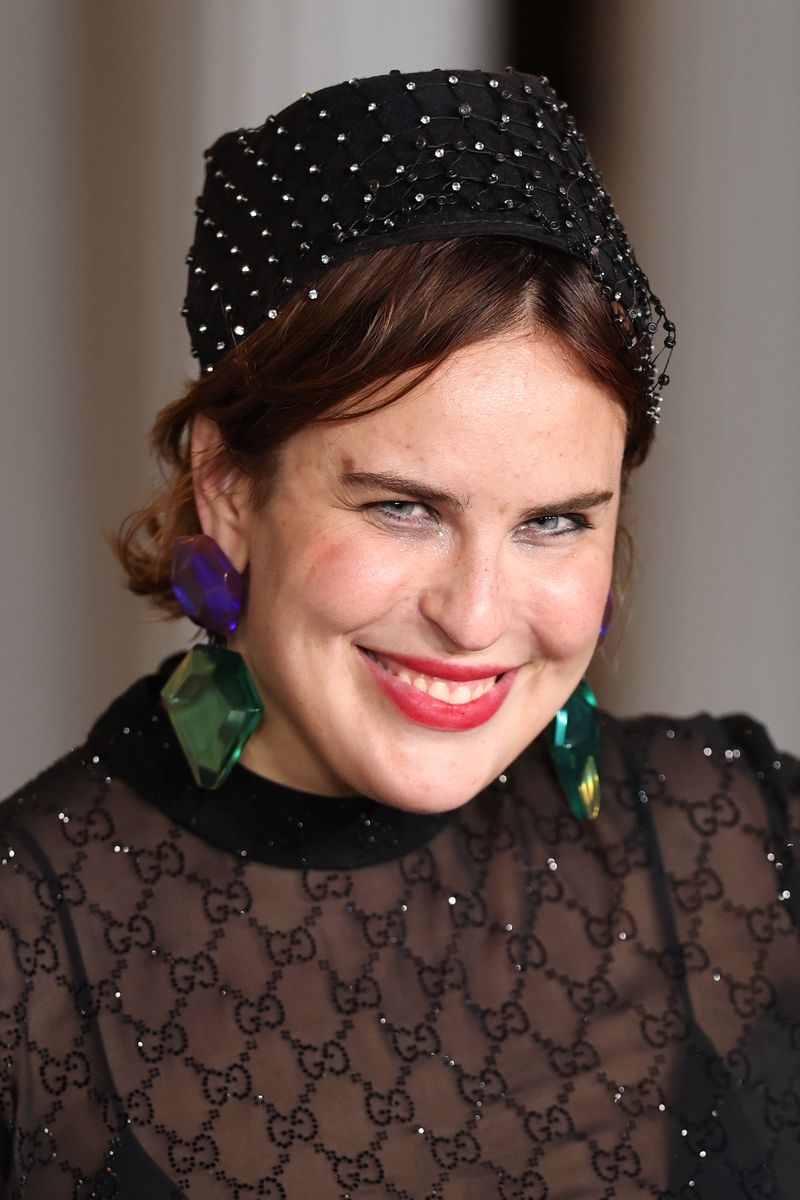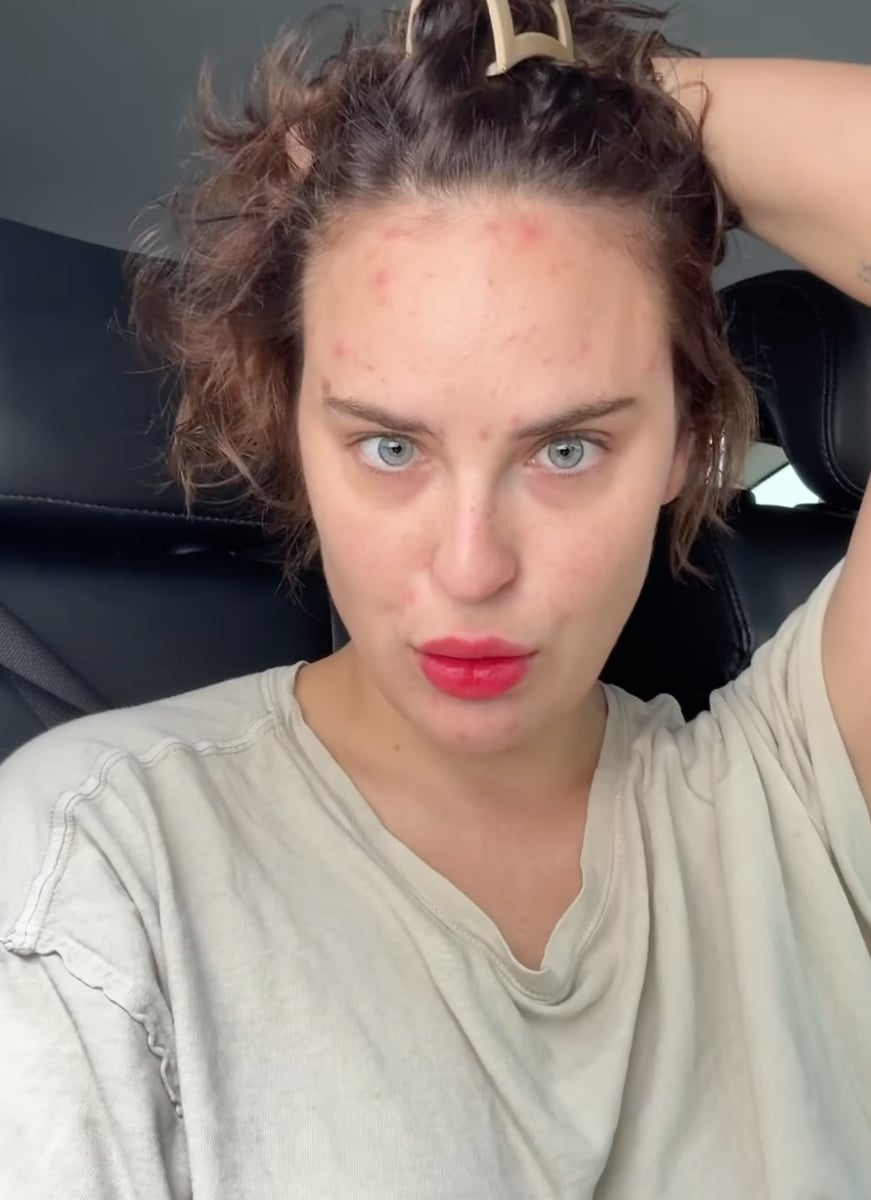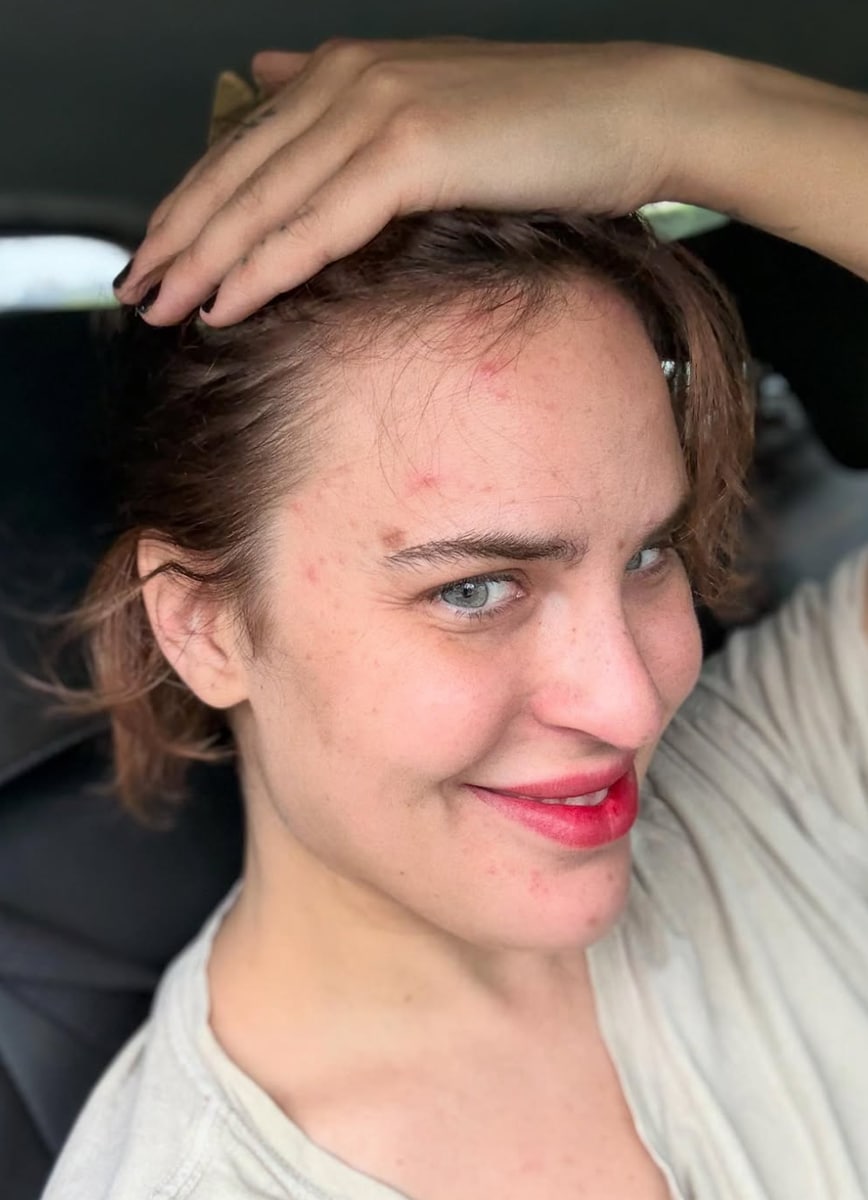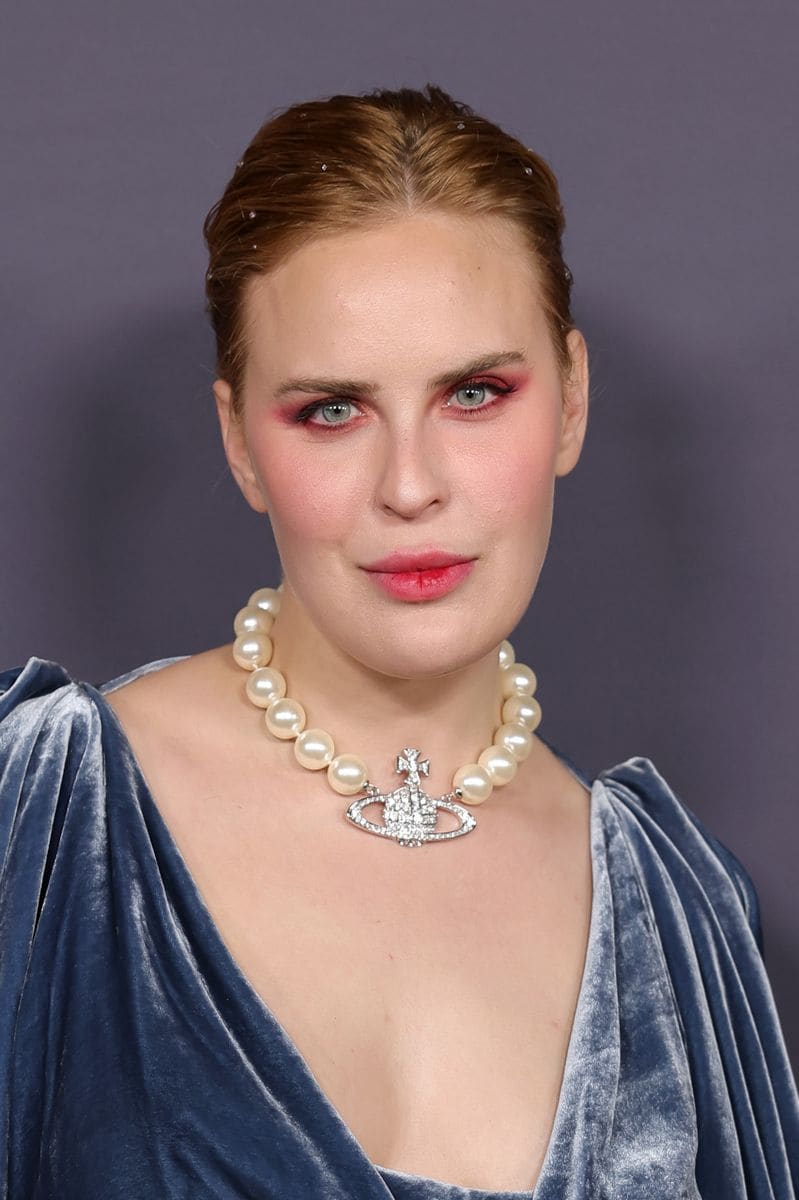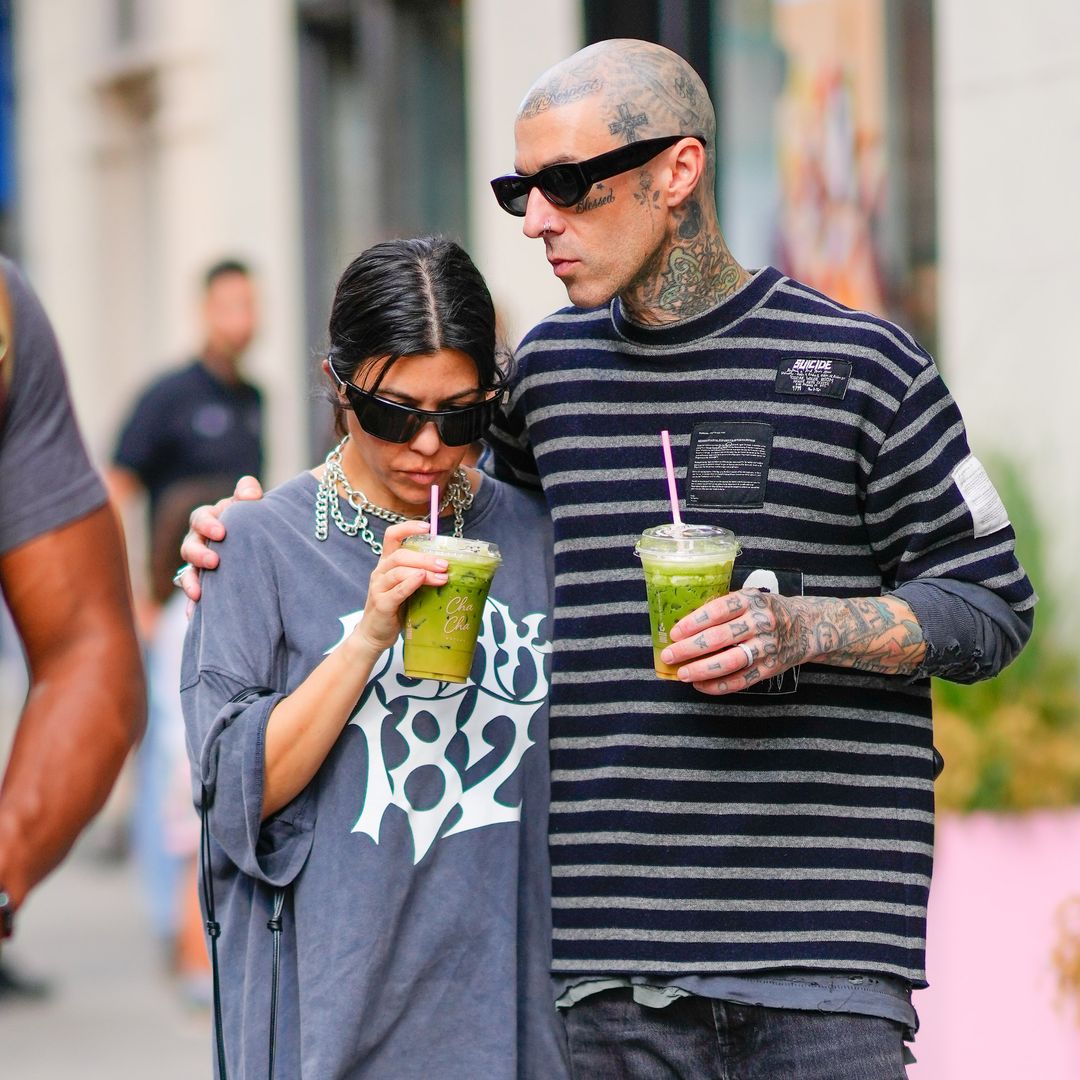Tallulah Willis, daughter of Hollywood icons Demi Moore and Bruce Willis, is once again breaking stigmas and embracing radical self-acceptance. The 30-year-old actress and influencer took to Instagram this week to share unfiltered photos and a video showing the effects of her long battle with dermatillomania—commonly known as skin-picking disorder.
In the carousel of candid snaps, Tallulah appeared makeup-free except for a bold touch of red lipstick, her short hair tousled as she sat in the backseat of a car. The images showed visible red marks on her skin—something she proudly refused to hide
Her caption was a love letter to self-acceptance: “All the gorgeous girls with the zits and the picking and the chronic UBering — I LOVE US!!” Fans quickly flooded the comments with messages of admiration. “The perfect face, every time,” one wrote. Another praised her “great smile,” while a third added that she looked “most beautiful when natural.”
Understanding Dermatillomania
Tallulah’s openness is shedding light on a condition that many suffer from in silence. Dermatillomania—or excoriation disorder—is a mental health condition that causes individuals to compulsively pick at their skin, often leading to sores, scabs, and emotional distress.
According to the Cleveland Clinic, the condition is classified as a type of obsessive-compulsive disorder (OCD). It affects both physical appearance and self-esteem but can be managed with therapy, support, and self-awareness—something Tallulah has been courageously advocating for.
A Journey of Healing
This isn’t the first time Tallulah has shared her progress. In June 2024, she posted remarkable before-and-after photos of her skin’s healing process.
Her “before” photo revealed scabbed-over cuts and blemishes around her nose and eyes, while the “after” showed her glowing, clear complexion. She captioned the post with honesty and hope: “PICKING HAPPENS!! And then healing can happen. Healing doesn’t have to mean clear skin… it’s small wins.”
The post struck a chord with followers who related to her raw vulnerability. She added, “There’s such a community in this struggle and I want so badly to share how I achieved my wins and help rescue all the sweet picked faces of the world!”
The Power of Community and Self-Compassion
Tallulah first went public about her diagnosis in 2021, documenting her progress and excitement over small victories. Sharing side-by-side photos at the time, she proudly declared: “Skin updates from an antsy-handed chronic picker! We have ascended to peak alien dewy supple goals.”
She celebrated her milestone of going four months without picking, writing, “NOT TOUCHIN MY PRECIOUS DELICATE FACHE W GRUBBY NAILS IN 4 - COUNT EM’ - 4 MONTHS.” Her humor and authenticity have made her a relatable figure for those battling similar struggles.
Living Authentically With Autism
Earlier this year, Tallulah revealed another deeply personal chapter of her story, as she was diagnosed with autism. She described it as a transformative discovery that helped her better understand herself and her behaviors. “It’s changed my life,” she shared, expressing how the diagnosis allowed her to find compassion and clarity in moments that once felt confusing.
Tallulah’s transparency about mental health, neurodivergence, and self-image continues to inspire.

